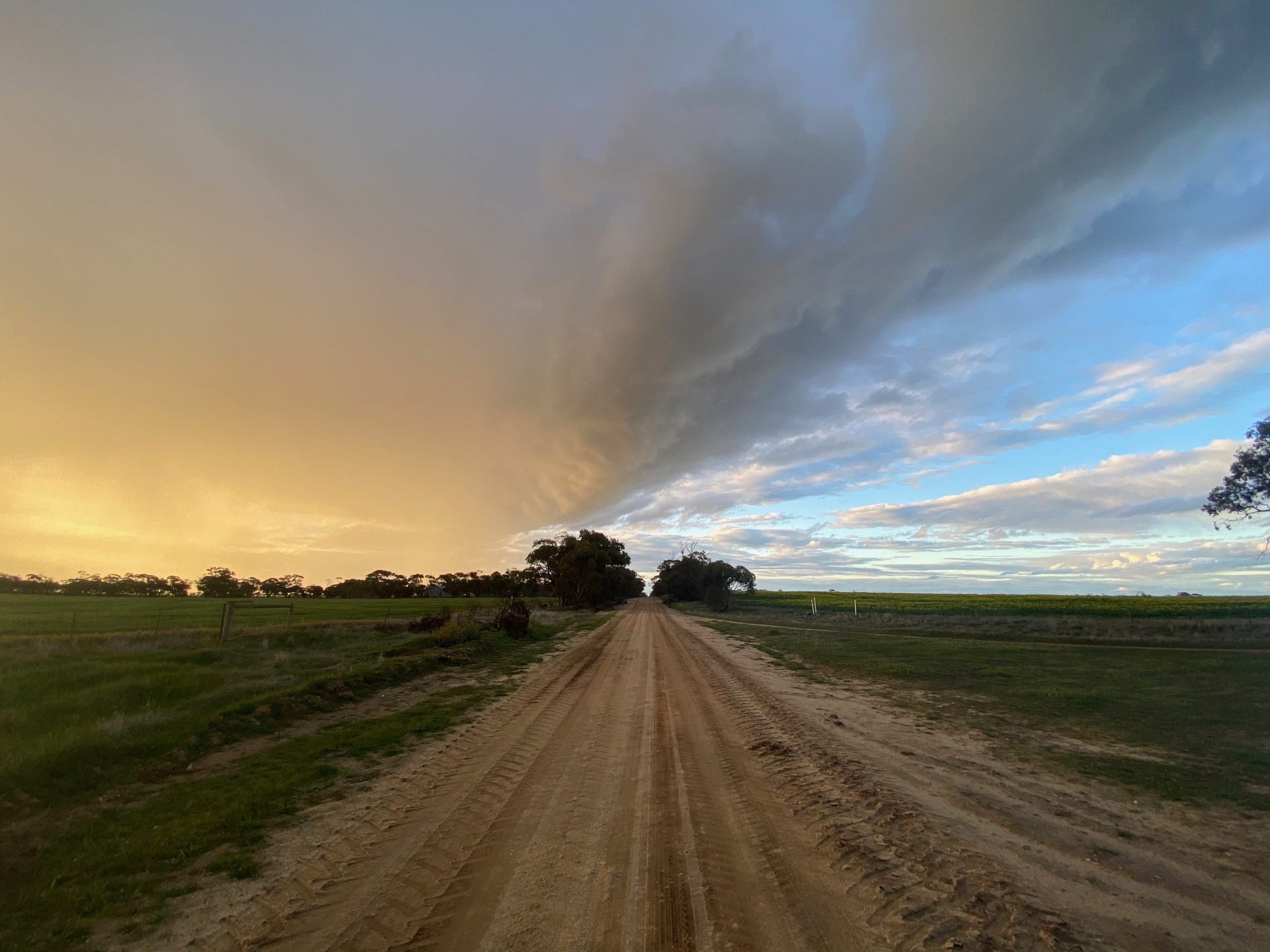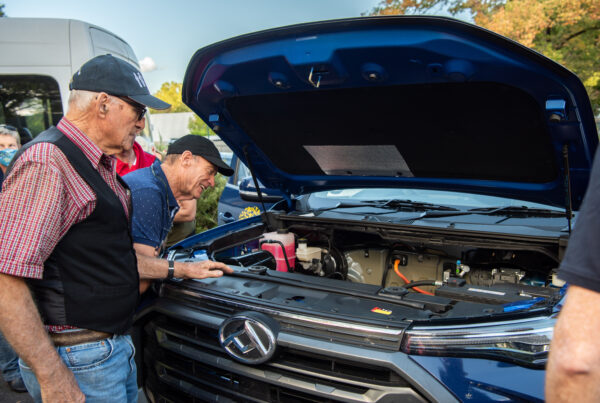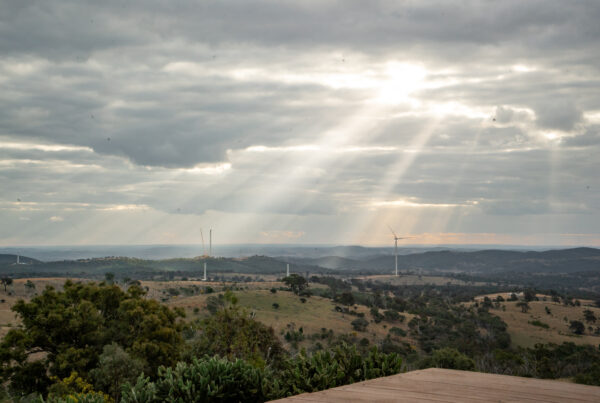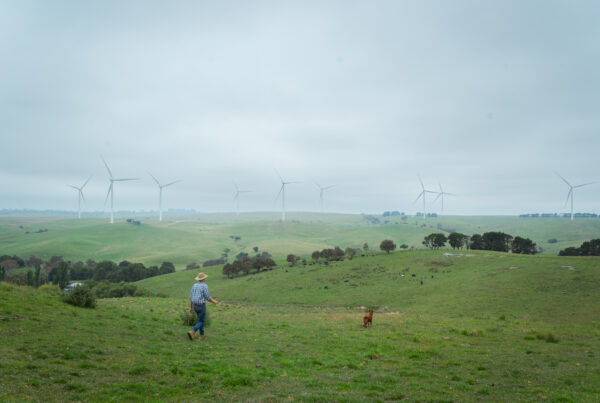22 September 2020
Farmers are desperate for a climate plan – this isn’t it
The Federal Government’s Technology Investment Roadmap puts the interests of big fossil fuel companies ahead of Australian farmers, Farmers for Climate Action CEO Wendy Cohen says.
Ms Cohen said the government must set a target for Australia reaching net zero emissions before 2050, then take advice from experts on how to achieve that goal.
“The Federal Government’s Technology Investment Roadmap puts Australian taxpayers’ money behind expensive and unproven carbon capture and storage technologies, which will only serve to benefit big fossil fuel companies,” she said.
“Climate change is costing Australian farmers money now. The Department of Agriculture’s own research shows that over the past two decades, climate change has cut the average annual profits of large farms by 22 per cent.
“The Federal Government needs to get real about climate change and commit to a net-zero emissions target of no later than 2050, then use the best available evidence to back projects that will actually serve to reach that goal.
“We cannot afford new gas or carbon capture and storage projects when renewable energy, backed up by battery storage, is already the cleanest and cheapest way to power Australian homes and businesses.
“Given the chance, smart, clean energy systems are also set to be a winner for many farming communities, as solar and wind energy are integrated into food and fibre production.
“The Federal Government’s technology roadmap puts the interests of big fossil fuel companies ahead of that of Australian farmers.”
Farmers for Climate Action is a growing, grassroots movement that is supported by about 5000 farmers, along with thousands of other Australians living in regional and rural communities.
Farmers for Climate Action works to ensure that farmers, who are already feeling the effects of temperature rises and more dangerous extreme weather, are part of the solution to climate change.
According to the roadmap, the government is betting on soil carbon projects becoming a cheap and easy way to offset rising gas and coal emissions.
While fundamental to resilient, sustainable farming, Ms Cohen cautioned that rebuilding carbon in Australians soils was often easier said than done.
It was no replacement for renewable energy, and risks being undone unless emissions are reined in.
“Practices that regenerate carbon in the landscape can be a real game-changer for farmers,” she said. “But soil carbon is not a substitute for the switch to clean energy.
“The more we allow the world to warm, the bigger the risk that all farmers’ good efforts will be undermined.”
ENDS
To interview Wendy Cohen, contact Lara Nicholson at the Climate Media Centre on 0431 050 768 or lara.nicholson@climatemediacentre.org.au






